how to homeschool
6 Different Approaches To Home-Education
This blog post has been reproduced with permission from the author: Catherine Monaghan
Where Do I Start?
When I began dipping my toes into the world of home-education twelve or so years ago, the internet wasn’t the first port of call in my search for information as it would be for most people today. Facebook had only just come to my attention and I don’t think I had heard of Google.
I went to the library, found a couple of books to read. Then, by a stroke of extreme good fortune, I realised that a group of home-schoolers ran a regular meet-up around the corner from my house. I met some people there who introduced me to other books and ideas, which inspired more inquiries, and so it went.
In retrospect, I’m grateful that I wasn’t bombarded with the information one can access with a few clicks these days. It must be overwhelming!
My introduction to the world of home-education was more of a drip-feed experience. I read about and absorbed one philosophy or idea before finding information on the next. Like most people who home-school, I started out knowing very little but eventually got to grips with the various approaches and the accompanying jargon.
Now, a quick Google-search of ‘ways to home-school’ brings up a seemingly endless list of lists. Any of these will introduce you to the most common approaches to home-education: Classical, Charlotte Mason, Natural Learning/Unschooling, Unit Studies, School-At-Home or Distance Learning, and Eclectic.
Most home-educating families fall into one of these categories. And yet, every family has their own way of home-schooling. There are as many ways to home-school as there are families who do it.
There Are No Rules…
In all our years of home-educating, I’ve never met two families who do things the same way, even if they follow the same philosophy, and I’ve rarely met a family who’ve stuck rigidly with one approach.
Most of us try things out, adapting, changing, tweaking as necessary depending on our children’s or family’s needs.
And now, to add to that long list on Google, here’s an introduction to the most popular approaches to home-education, in a nutshell. You’ll find links to books, websites, blogs, and podcasts so you can delve deeper into whatever appeals to you.
1. Classical Home-Schooling
Classical home-education is an approach that’s based on three stages of learning which children progress through as they mature. These are known as the trivium.
This approach harks back to Ancient Greece and is the foundation of a liberal arts education. There are varying schools of thought within, and about, the classical model. Some people focus on the classical methods, others on classical content, and many people like to blend both with modern resources.
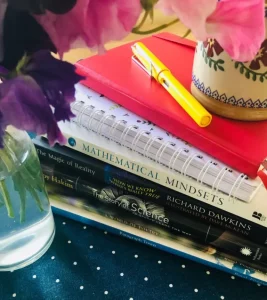
The three stages of the trivium are as follows:
- The Grammar Stage, roughly age 4-11, is a time for acquiring knowledge through memorization (think times tables, definitions of parts of speech, etc.), and skills through practice (think handwriting). This may sound tedious to an adult, but consider how easily children of this age absorb information; my son had an encyclopaedic knowledge of Aussie Rules football statistics at this stage, and was happy to spend entire days creating animals out of loom bands, practicing until he perfected his skills.
- The Logic/Dialectic Stage, roughly age 11-14, is when the child learns to reason and to analyse information, to compose arguments and debate intelligently. Again, developmentally, this is an age where children are naturally inclined to challenge all kinds of rules and assumptions.
- The Rhetoric Stage, roughly age 14-18, is a time for applying the knowledge (grammar) which is by now well understood (logic) to the world at large (what we call wisdom). During this stage, the young adult is learning to communicate ideas and information with authority, both in writing and verbally.
A classical education will have an emphasis on literature, languages, history, and the arts (although not to the exclusion of other subjects). Reading, writing, and speaking are very important.
In very general terms, the goals are to absorb (grammar), understand (logic), and apply (rhetoric) knowledge. Of course, in real life there is overlap between ages and stages and not everything is so clearly defined.
The aim of a classical education is to create a person who appreciates truth, goodness, and beauty and who will continue to learn throughout their life.
Useful Resources
*A little note – most of the classical home-education resources available assume a Christian world view. The links below are to resources that I’ve found useful and interesting, while using my own discretion when it comes to adapting content to suit my family.
Books:
The Well Trained Mind by Susan Weis Bauer & Jessie Wise
The Core by Leigh Bortins
Websites:
Podcasts:
The Homeschool Solutions Show with Pam Barnhill This episode is about classical home-schooling
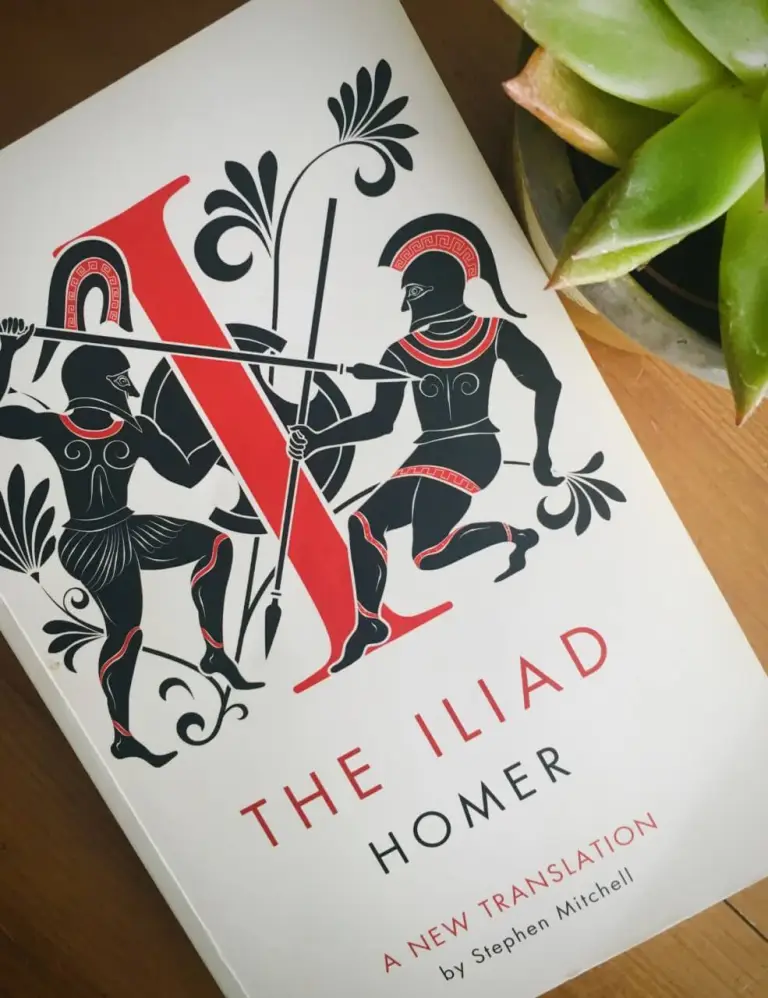
2. Natural Learning/Unschooling

Natural learning, also known as unschooling, is an approach which is totally child-led and child-centred. This is not so much a model of teaching or learning, but more of a life-style. The idea is that we trust in children’s innate desire to learn.
Learning is informal and integrated into the everyday life of the family and wider community. For example, math skills can be learned through cooking and baking, through play, puzzles, board games, shopping, building with Lego, and in many other life experiences.
The job of the parent is to facilitate the child’s learning, providing opportunities, experiences, and resources as required by the child. For example a desire to learn about geology might mean trips to a museum and sourcing relevant books and materials. An older child might find classes or work experience in areas of interest.
The term “unschooling” was coined in the 1970s by educator John Holt, who wrote a number of books outlining what he saw as the failings of the school system (see link below). Holt spoke out in favour of school reform and went on to become an advocate for home-education, in particular unschooling.
Useful Resources
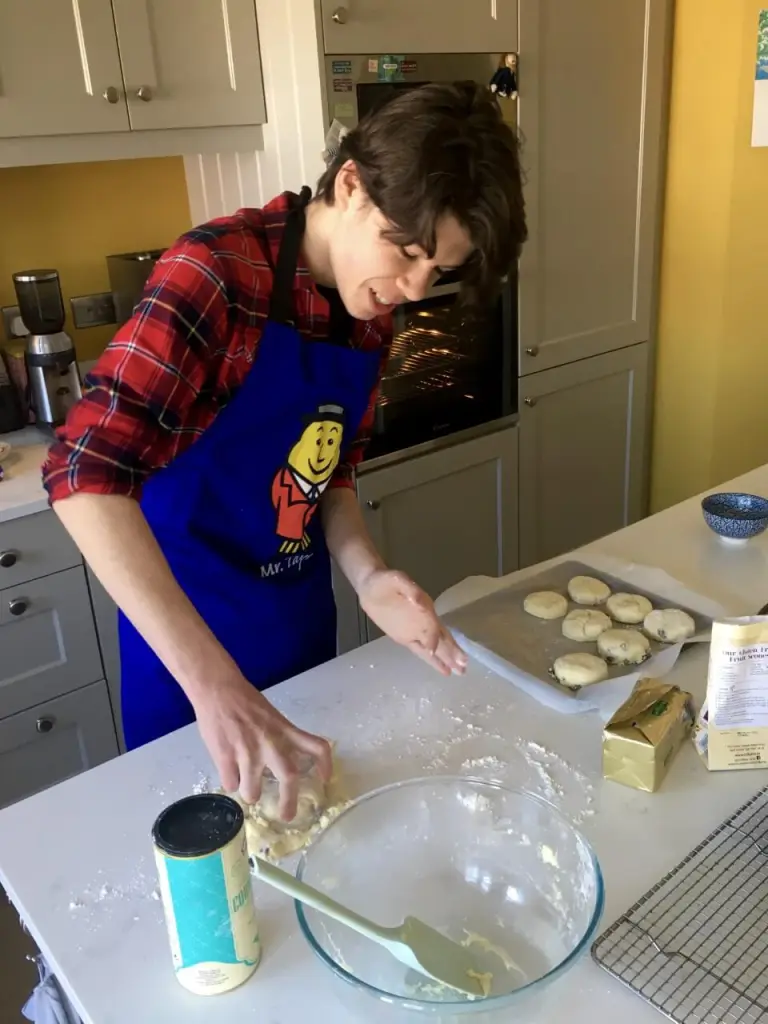
Books:
Teach Your Own: The John Holt Book of Homeschooling by John Holt
Dumbing Us Down: The Hidden Curriculum of Compulsory Schooling by John Taylor Gatto
Free Range Learning : How Homeschooling Changes Everything by Laura Grace Weldon
Websites:
I’m Unschooled. Yes, I Can Write
Podcasts:
Stories of an Unschooling Family with Sue Elvis
3. Charlotte Mason
Charlotte Mason (1842-1923) was a British educator who passionately believed that all children deserved to receive a broad liberal arts education. Ideologically, a Charlotte Mason approach to home-education has some overlap with the Classical approach.
The Charlotte Mason method is based on the belief that the child is a person, and we must educate that whole person, not just his mind. In Mason’s own words, “Education is an atmosphere, a discipline, a life.” Therefore, we should endeavour to provide the right environment for learning, we should cultivate good habits, and we should learn through living books and ideas (as opposed to say, text books and dry facts).
Mason outlined twenty principles on which her educational approach is based, detailed in her six-volume set of books. If you are new to Charlotte Mason, or interested in learning more, it’s recommended to begin with Volume 6 which provides a good overview of her philosophy.
A Charlotte Mason education is literature based, with an emphasis on high quality ‘living books’ (something I talk about here). Nature study, time outdoors, the arts, and habit-training are all vital elements too.
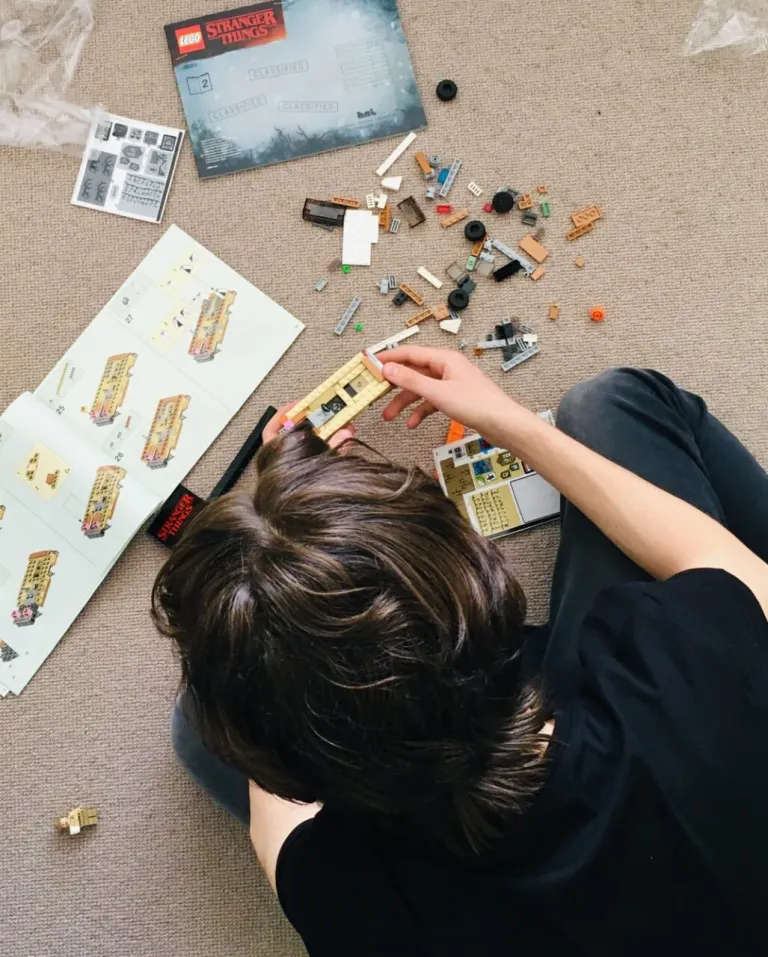
Useful Resources
Books:
Charlotte Mason’s series of books, volumes 1-6
Consider This by Karen Glass
Start Here: A Journey Through Charlotte Mason’s 20 Principles by Brandy Vencel
Websites:
Podcasts:

4. Unit Studies
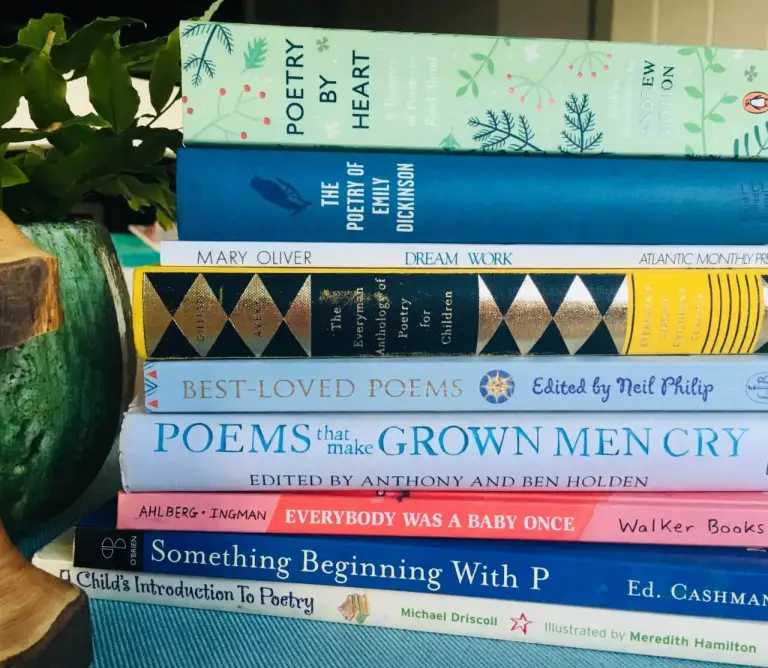
Home-schooling through unit studies means learning is based on a particular theme. This could be a topic, for example dogs, or a book, for example Little Women. It could be a particular period in history, for example the middle ages, or an event such as the Vietnam War.
Let’s say your child is interested in learning about dogs. You might read some literature involving dogs, such as Lassie Come Home or The Call of the Wild, and perhaps find some poetry about dogs. Your child might write their own composition, a story or a poem, about a dog. You’ll come across some new vocabulary, and you’ll cover reading, writing, grammar, spelling, punctuation. Then you might cover some maths by looking at populations of dogs, taking a survey of dogs in your neighborhood and making a graph. You could cover science by looking at carnivores and the food chain, or the evolution of dogs over time from wolves to domestic pets. You could research the role of dogs in the world wars and cover some history. There are plenty of dogs in art, and no doubt there are documentaries and movies about dogs. The possibilities are endless.
The job of the parent is to facilitate the child’s learning, providing opportunities, experiences, and resources as required by the child. For example a desire to learn about geology might mean trips to a museum and sourcing relevant books and materials. An older child might find classes or work experience in areas of interest.
Unit studies can be designed to suit the child’s age/stage. If there are a number of children in the family, each can work on the same unit but at their own level. A unit study can last a week, a month, or as long as you choose. You may even have more than one unit study on the go at a time.
Useful Resources
Because unit studies are so tailored to individual children or families, there aren’t many how-to books or blogs out there.
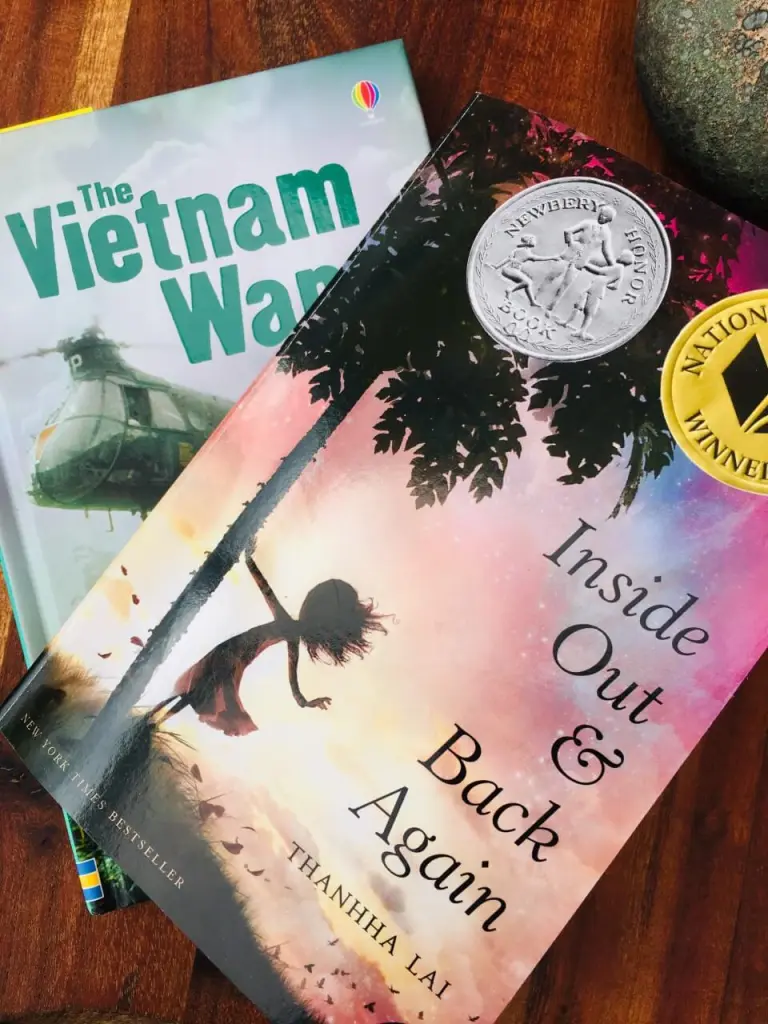
Books:
Project-Based Homeschooling : Mentoring Self-Directed Learners by Lori Pickert
This is not a book specifically about unit studies, but it is a great book about children working on self-directed projects and relevant to home-educating with unit studies.
Websites:
Five In A Row Literature-based unit studies
Blog, She Wrote Lots of downloadable activities on a wide range of topics and subject areas
Podcasts:
The Homeschool Solutions Show with Pam Barnhill This episode is about unit studies.
5. Distance Learning / School-At-Home
School-at-home, or distance learning, means the child follows a curriculum set by a school or organisation, not designed by their parents.
During the Covid-19 pandemic many children have been doing ‘school at home’, completing work set by their teachers at school.
This type of home-schooling uses textbooks for each subject. The student works through the books and assignments just as they would at school. The textbooks may be supplemented with online instruction.
Some countries offer distance learning as an option for children living in isolated areas or unable to attend school in person for certain reasons.
Parents might choose to school-at-home because, while they are happy with the content and methods of the typical school curriculum, they or their child are not satisfied with the school environment.

Useful Resources
Because this is an approach to home-education where the work and the methods of learning/teaching are dictated by the curriculum of choice, there is little available (or necessary) in terms of school-at-home guide books or how-to resources.
Most parents will base their choice of materials on the national curriculum of the country in which they live. As we live in Ireland, I’ve provided links below to the Irish curriculum.
Currently in Ireland, while parents may choose to school-at-home following the Irish curriculum, there are issues when it comes to sitting certain of the state exams (those with a practical component). Given the increase in the number of people choosing to home-educate due to concerns around Covid, there is hope that these issues will be addressed sooner rather than later.
Websites:
Scoilnet Additional resources for the Irish curriculum
All-In-One Curriculum List and Reviews Many of these are not necessarily like ‘school-at-home’, but they are complete packaged curriculum and may appeal to a parent who wants to home-educate without the responsibility of putting together a plan or curriculum. Most, but not all, are American and from a Christian perspective. There is a variety of approaches – Charlotte Mason, Classical, Unit Studies.

6. Eclectic Home-Schooling
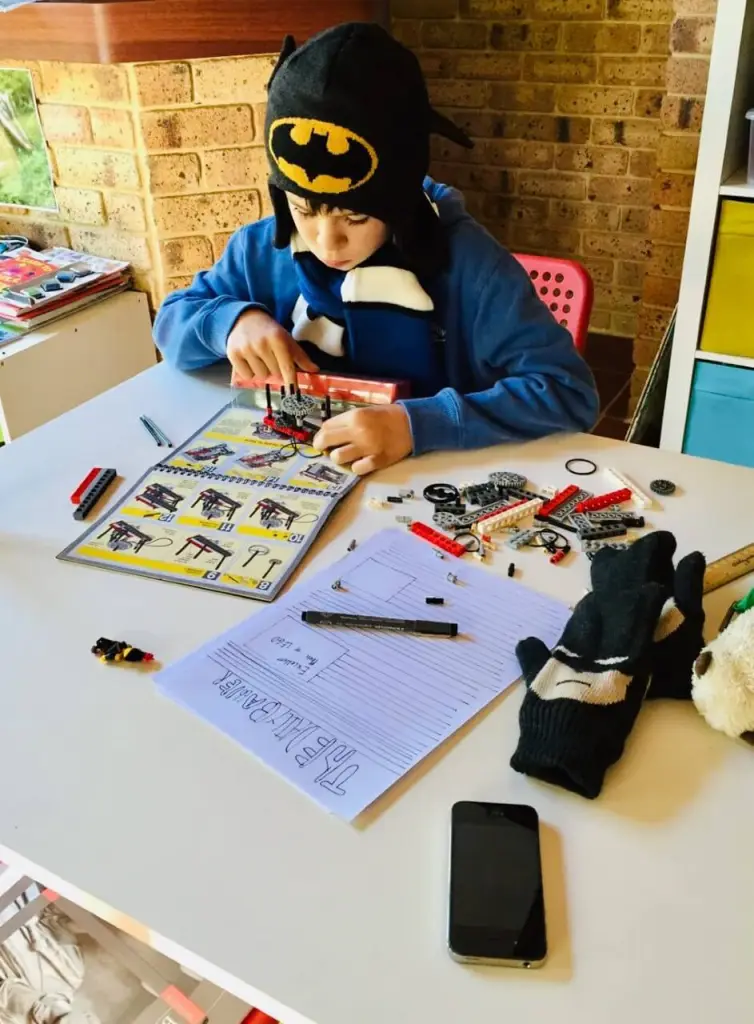
Eclectic home-schooling is exactly what it sounds like – a mix and match of a variety of different ideas, approaches, and resources.
This approach to home-schooling can result in a highly individualised education designed to suit a child’s or family’s needs, strengths, learning style, and interests at a particular time.
Parents recognise that what works well for one child may not suit another, or what worked well at six years of age might not work so well at eight or ten. They adapt and evolve as necessary, using a variety of resources and tools.
Many parents arrive at an eclectic approach to home-schooling having researched and tried some or all of the approaches listed above. Getting to know how your child learns, and where their personal strengths and interests lie can take time and, for most people, some trial and error.
One of the great benefits of home-educating is having the freedom to tailor your child’s education to suit them, and that is exactly what eclectic home-schooling is about.
Useful Resources
Firstly, any and all of the resources listed above will give valuable insight into the various approaches to home-education. The nature of eclectic home-education is that it entails a blend of approaches tailored to a particular child or family – no one book will be able to do that for you.

Books:
The Brave Learner by Julie Bogart
This book is not specifically about eclectic home-schooling, but a lovely book about finding what works for your children and thus finding the joy in learning.
Websites:
Secular, Eclectic, Academic Homeschoolers
Read Aloud Revival Not specifically about eclectic home-schooling but a fantastic resource for books about all manner of topics, and research about the benefits of reading aloud.
Blogs:
Weird, Unsocialized Homeschoolers
Podcasts:
The Homeschool Snapshots Podcast with Pam Barnhill
Read Aloud Revival with Sarah McKenzie
Brave Writer by Julie Bogart
Brave Writer is a writing program but Julie talks about many aspects of home-schooling in the podcast, and in her book which is linked above
Over To You….
So, there you have it – the most common approaches to home-education, in a nutshell.
Home-school is whatever you choose to make it. That is an awesome responsibility, but it’s also an awesome opportunity.
You get to choose what works for your family.
Be open to new ideas, be flexible, be humble, laugh together, read together (a lot), listen to your child. These are the things I remind myself of daily.
Enjoy the journey!
